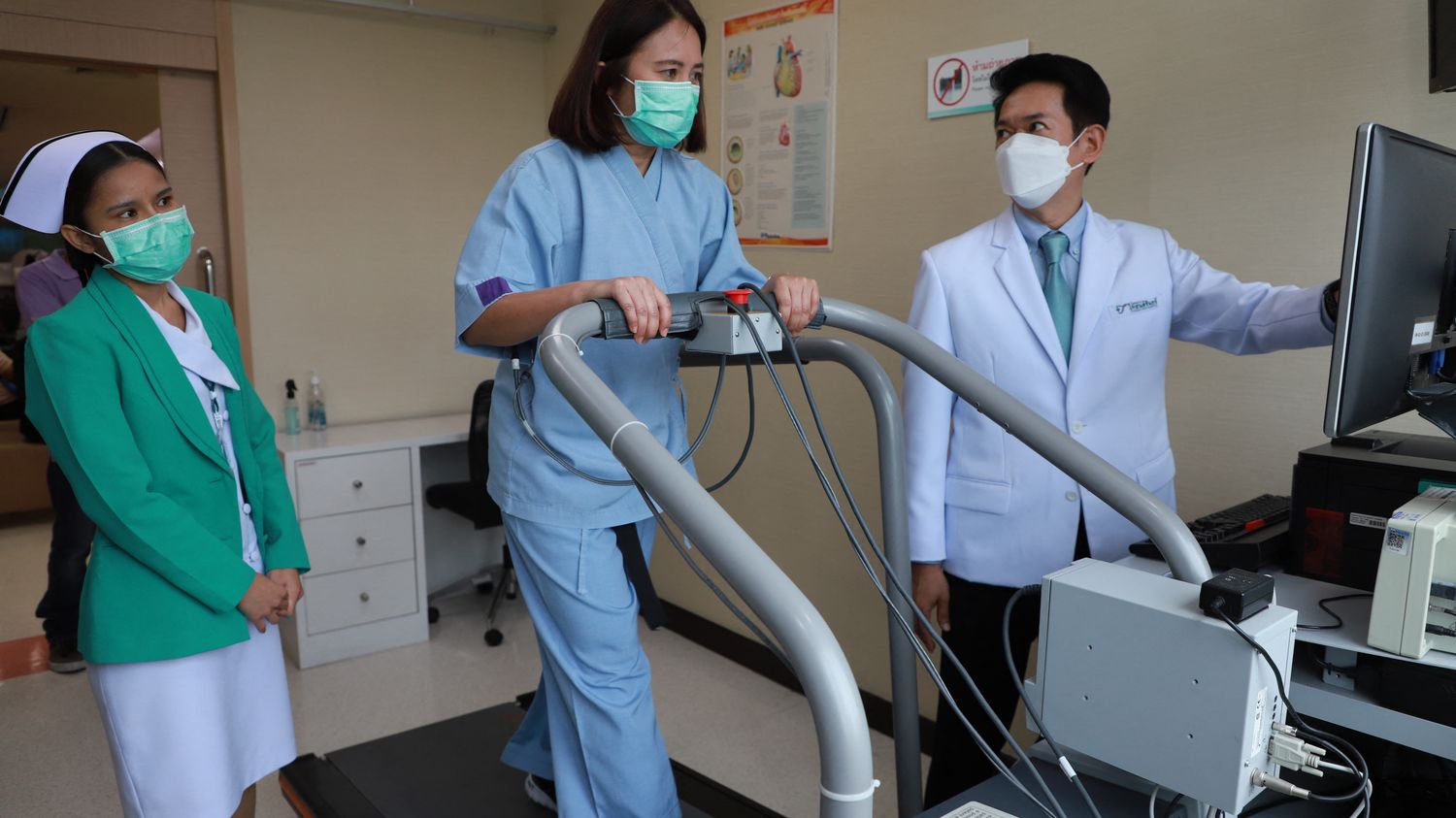According to Christopher Brightling, co-author of one of these studies, “different organs undergo changes” after hospitalization linked to Covid-19.
Published
Update
Reading time :
1 minute

New elements on the factors of long Covid. Two recent studies, including one published Friday September 22, provide possible explanations for the causes of this syndrome with still mysterious mechanisms, still poorly understood on a physiological level. One of them evokes the joint effect of after-effects in various organs, while the other mentions a mechanism at the level of neurons.
The first study, published Friday in the journal Tea Lancet Respiratory Medicineis based on MRIs carried out in 259 patients who were hospitalized for a Covid-19 infection in 2020 and 2021. They were compared with examinations carried out in around fifty people who had never been infected.
Nearly a third of patients presented with “abnormalities” in several organs, such as the brain, lungs or kidneys, several months after leaving the hospital. For Christopher Brightling, co-author of the study, these comparisons constitute “concrete evidence that different organs are undergoing changes” after hospitalization linked to Covid-19.
Effects on certain neurons
Another study, published a week earlier in the journal eBiomedicine, rather opens the trail of a mechanism concentrated in the brain. This research was carried out by a team from Inserm. The study looked at around fifty patients, some of whom suffered a drop in their testosterone levels, linked to an alteration by the virus of certain neurons regulating reproductive functions.
The researchers then measured the cognitive functions of these patients, only to note poorer performance when this category of neurons was affected. These results “suggest that the infection can lead to the death of these neurons and be the cause of certain symptoms that persist over time”says Inserm in a press release.
